|
|
Sunday Review: Vested Stock Options; Turning point for VR Glasses; Evil AirTags; More on Stacked FramesBy Graham K. Rogers
The actual figure was $98.7m but $100m looks better in headlines. $3m of that was his salary but the rest was made up of vested shares: an individual is given options on a number of shares as long as they stay at the company for a certain number of years. In Cook's case some of these were for a 10 year period. This is to discourage hopping about from company to company. It also creates continuity and there is less risk of company secrets being released, as might be the case when those worth knowledge of Apple's plans is hired elsewhere (see below).
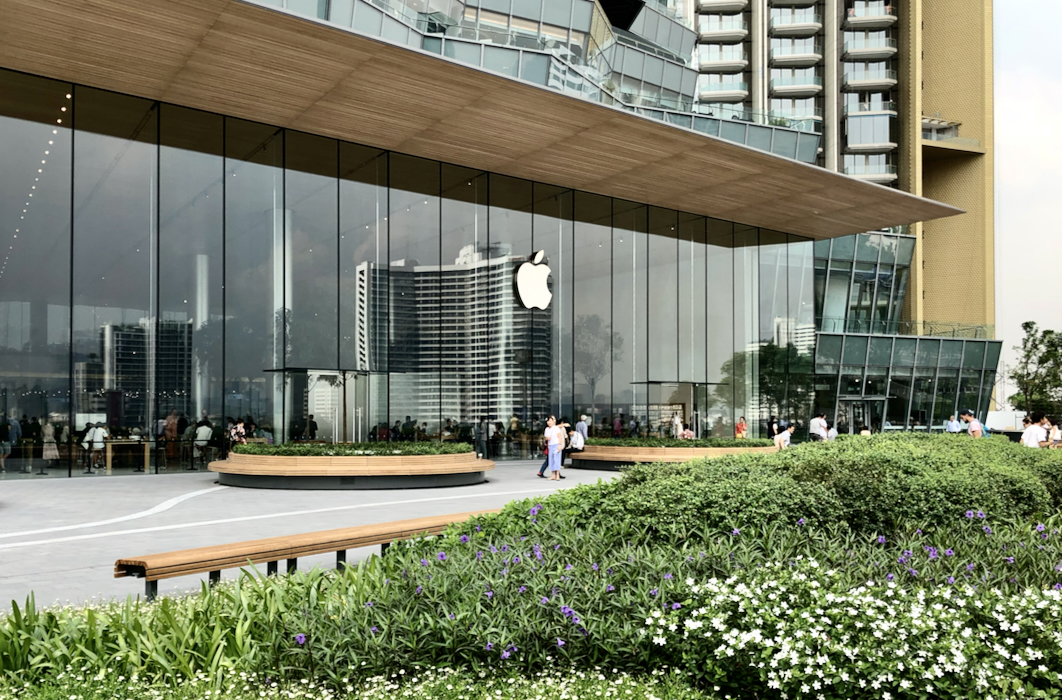
I regard "raked in" (which was used in a summary as well) and "chunk" as negative words, meant (perhaps mistakenly) to put a spin on this. The article also mentions that other members of the management team were similarly awarded divested shares, as have been a number of engineers at Apple recently in an attempt to dissuade them leaving for other companies. It is not hard to show that other companies award top management shares as part of remuneration. Beqom, a company concerned with compensation management in several industries, says that not everyone will have such packages, but "those who do are usually considered crucial to the success of the company". Companies like HP also offer stock options as does Tesla, Google's Sundar Pichai has a $242m package (Nick Statt, The Verge), with additional benefits that far outstrip what Cook had. These really are not hard to find if reporters bothered to look. Somehow it is different when Apple is in the frame.
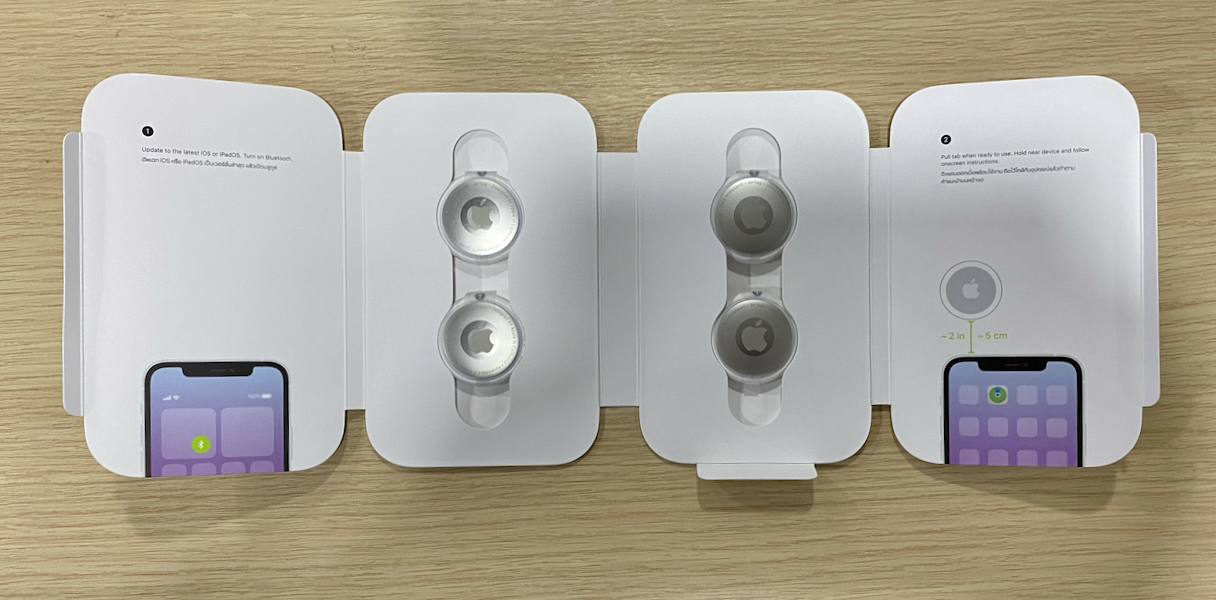
There are several other trackers on the market, as well as devices that may be used by the authorities, such as the FBI (who need a warrant), but although Apple is in the doghouse again, apparently Samsung, Tile et al do not make those being tracked aware of the problem. The best response to Miller's Tweet was from Samir Estefan:
So let me get this straight: Out of all of the manufactures of Bluetooth Trackers only one (Apple) alerts people if someone else's device is tracking them and so THEY NEED TO CHANGE THEM??? We should be pushing for Samsung, Tile, et al, to include this privacy measures! As a related aside, recent comments on the Pegasus insecurities on smartphones initially focused on Apple because of better logging. More analysis showed that Android phones were also being attacked, but this was not quite so obvious. Yeah, its Apple's fault again, although - let's be clear - those being tracked are most assuredly victims.
An acquaintance, currently living in the USA, has been gung-ho for VR glasses over the past couple of years and believes this is the future of computing. I have been les convinced, partly because of the tasks I use my devices for, but have kept a weather eye on developments. This is as much because I distrust Facebook/Meta and its use of data, as wondering what Apple is up to.
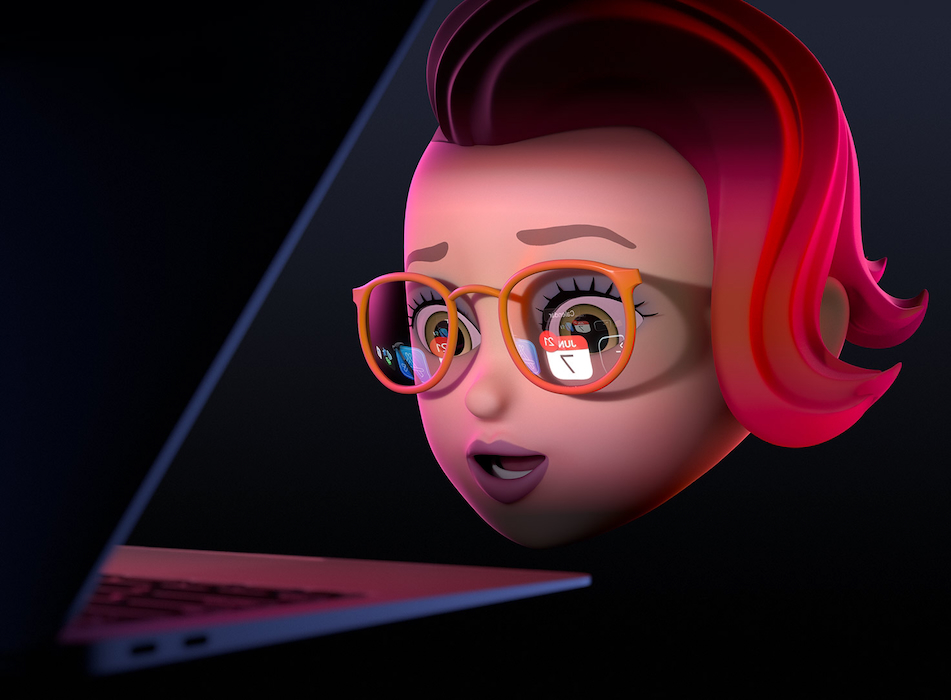
Goggles? - Image courtesy of Apple
This week a couple of apparently-unconnected news items joined some dots concerning VR glasses and this seems to be a moment which will lead to wonder adoption of such glasses when they are released. As well as the changes in the Meta approach to its XROS on the PlayStation blog, Senior VP for Platform Experience, Hideaki Nishino writes . . . "It is my great pleasure to start off 2022 with news on our next generation virtual reality system for the PS5 console, starting with the official name: PlayStation VR2, and our new VR controller, PlayStation VR2 Sense controller." We can expect more news in the next months concerning VR/AR solutions: from PlayStation, Meta (Oculus), Microsoft and perhaps even Apple. I tried Microsoft's glases at a health-oriented exhibition in Bangkok a few years back and could see glimmerings of how a hands-free approach could help in some situations, but neither the displays nor the interface were good enough at that time and I felt disoriented. Cupertino has been rumoured to be working on a "glasses" solution for a while. One would expect that there will be limits on innovation, but that the device would be effective out of the box.
A point that I made that I have not seen mentioned yet is that all companies leapfrog each other with technology developments. When Apple announced its SoC (system on a chip) M-series, others (including Qualcomm, AMD, Microsoft) decided that they, would develop similar chips. Despite ridiculing Apple in several advertisements Intel mentioned a move in this direction too. As what may be part of the development plans, a senior Apple engineer, Jeff Wilcox, has now taken up a position at Intel (where he had worked before) as leader of the Client SoC Architecture team, Evan Selleck (iDownloadBlog) reports.
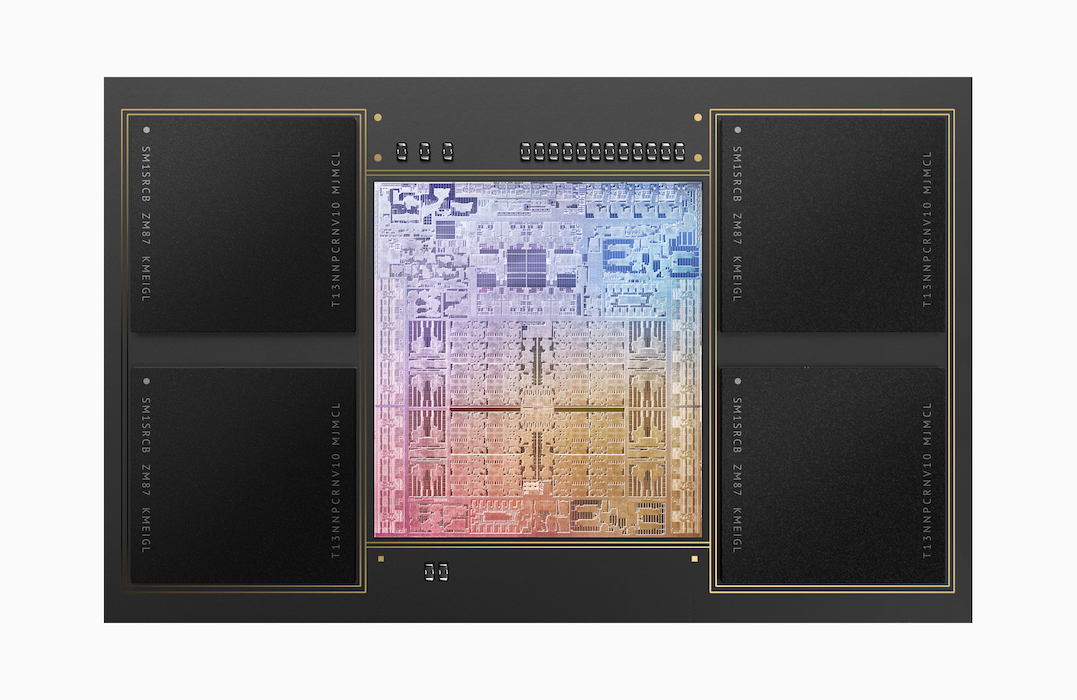
Apple M1 Max - Image courtesy of Apple
While on the subject of older recordings, Rusty Blazenhoff (BoingBoing) reports on newly discovered tapes of Johnny Cash "recorded by LSD chemist Owsley Stanley" the same year Cash made the famous appearance at Folsom Prison. Stanley was an exceptional sound engineer, as detailed on the Owen Stanley Foundation site, who had a second string as an exceptional chemical engineer, producing high quality LSD when it was legal. He may have also produced some when it was made illegal. On Netflix, I also watched, and enjoyed, Don't Look Up, despite its general rejection by critics who clearly did not see the same movie I watched. Many people have tried to bring ideas to the public sphere, only to be rejected by those in positions of authority who are just not interested. Where I work, I joke that my ideas are often rejected only to be taken up 5 years later, although Apple picked up a couple within 6 months coincidentally (see below). John Naughton (The Guardian) begins a comment on NFTs (non-fungible tokens) with references to Don't Look Up and compares it to Johnathon Swift's satire in which it is proposed that Irish babies could be sold as food to rich gentlemen and ladies. Swift was seriously critical of absentee landlords in a country with a starving populace and the critics miss this seriously understated approach in this movie that has a stark hidden message about the climate, disguised as the inevitability of the comet.
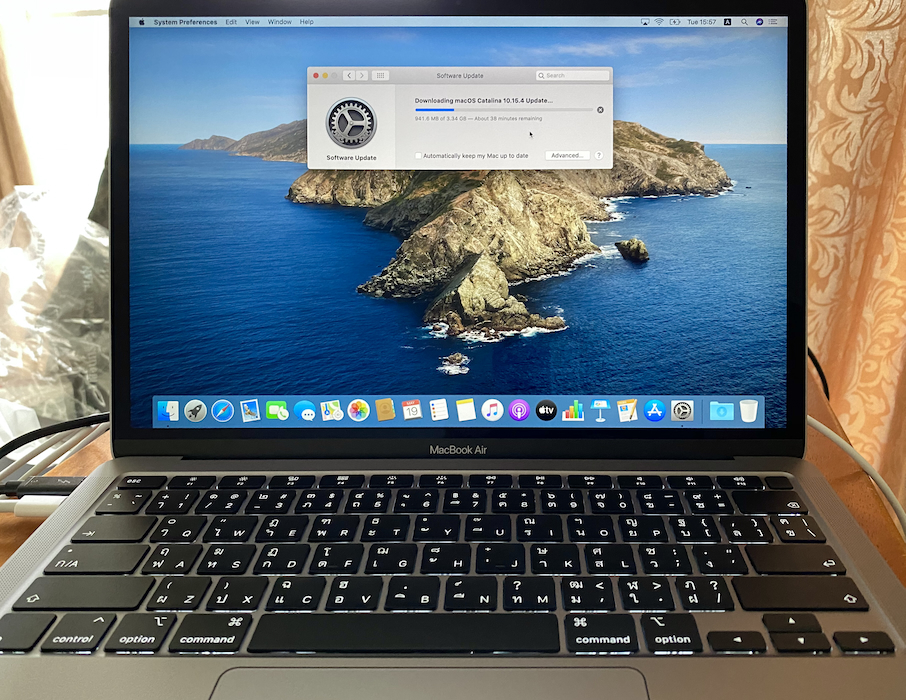
Apple MacBook Air (May 2020) - First introduced in 2008
Tony Li whom I had met several times at product introductions here was almost apologetic, saying that Marketing were adamant this was the way it was to be done. Later that evening at a meal for journalists from this region provided by Apple, I brought this up again and suggested that there was a case for a second tier store that would allow users in some countries (like Thailand) to download apps. Apple controlled them and I was aware that music was subject to copyright and therefore availability was really beyond Apple's control. With this second tier, Apple would be able to collect data from its users (names, devices, credit card information) without copyright problems. Tony seemed interest and said he would pass the comments on. Six months later the App Store came into existence. I do not claim this as my idea: great minds think alike.
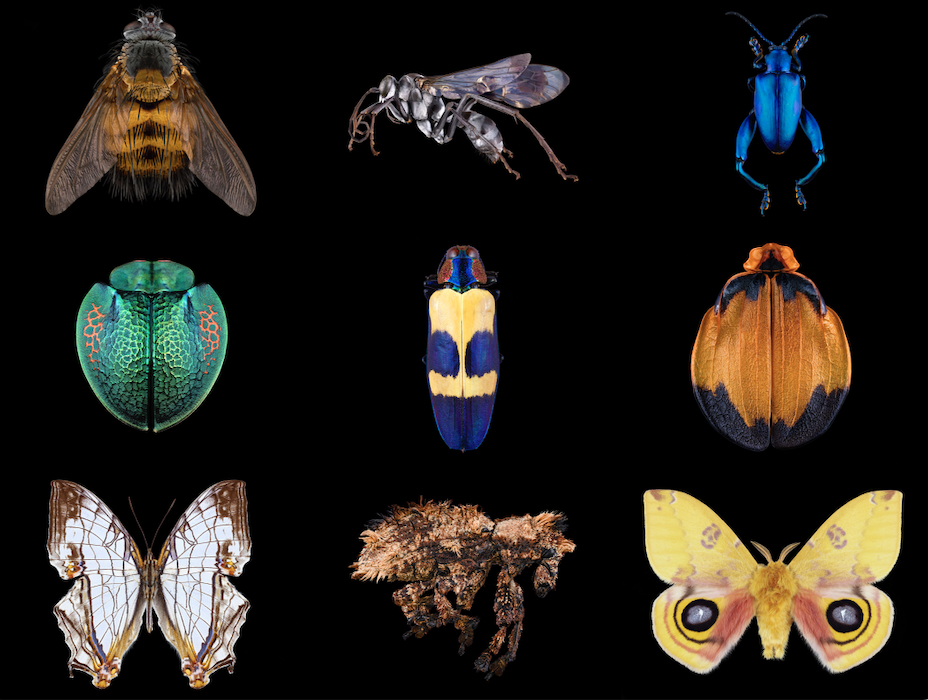
Like the comments on the superb images of the beetles, my summary hardly does justice to the process outlined in the article by Jaron Schneider, nor (of course) to the finished task, which is to be used in the painting's preservation process.
Graham K. Rogers teaches at the Faculty of Engineering, Mahidol University in Thailand. He wrote in the Bangkok Post, Database supplement on IT subjects. For the last seven years of Database he wrote a column on Apple and Macs. After 3 years writing a column in the Life supplement, he is now no longer associated with the Bangkok Post. He can be followed on Twitter (@extensions_th) |
|


